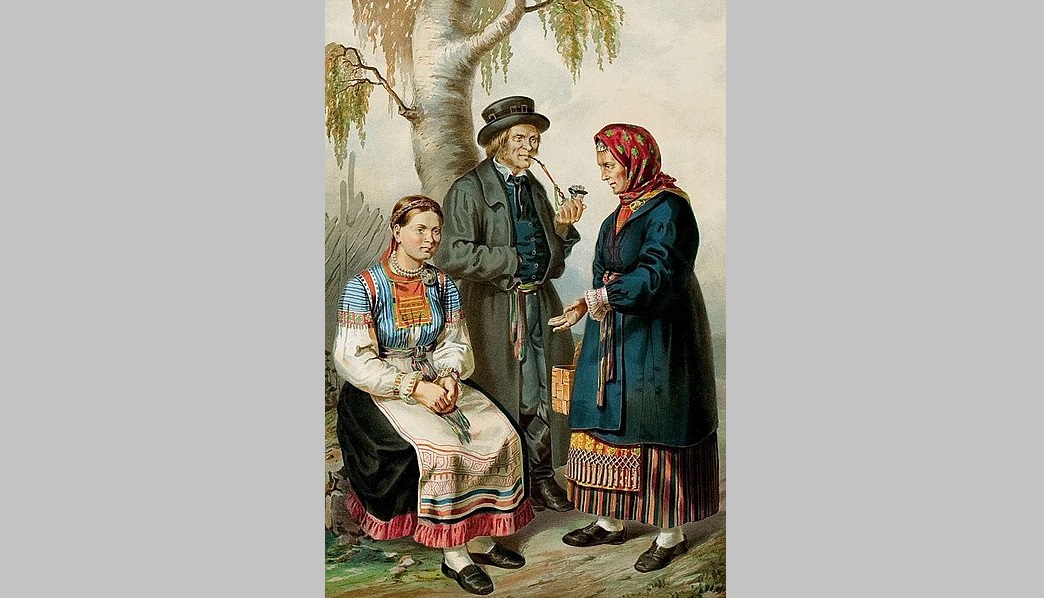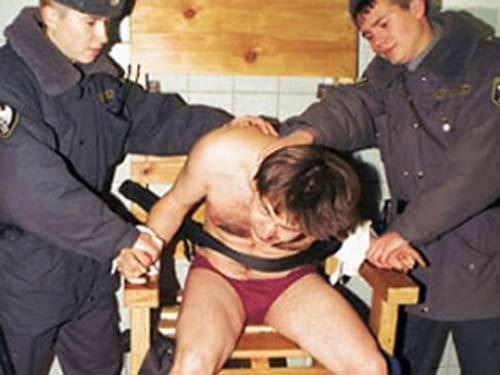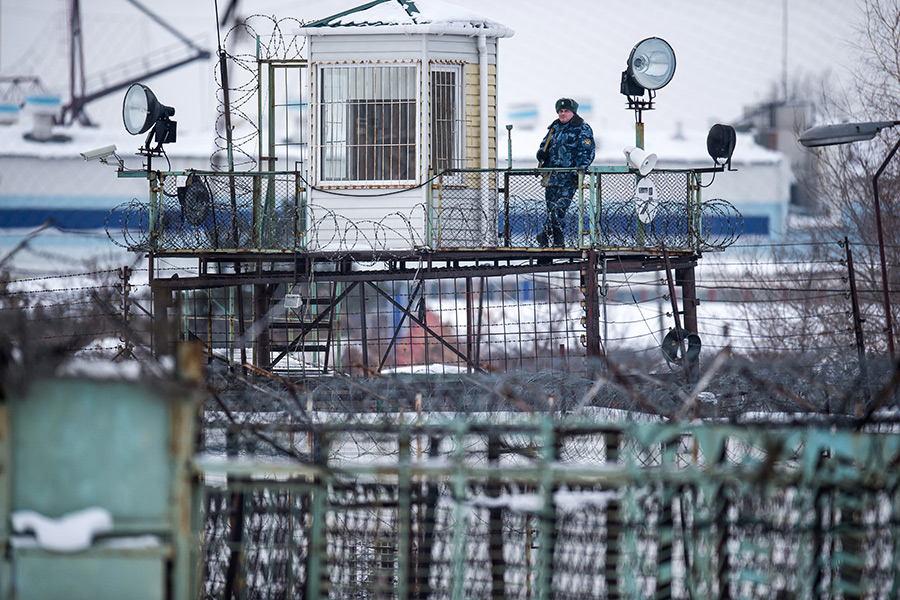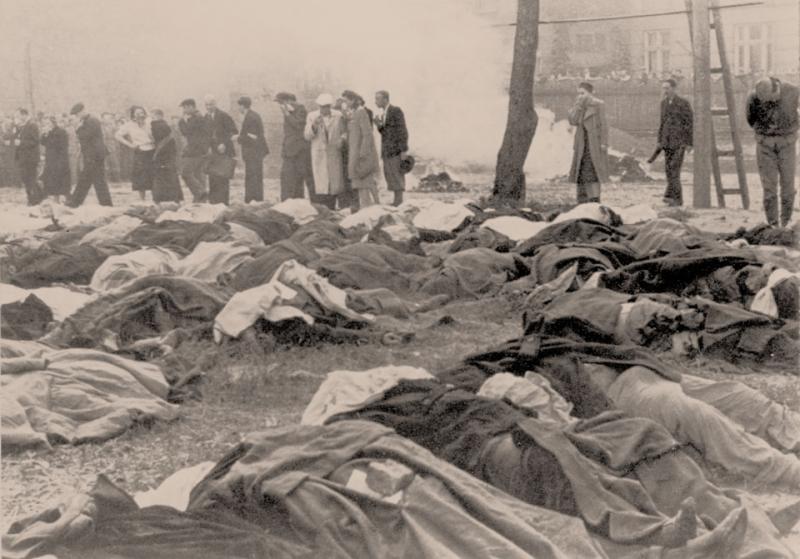Most of the peoples whom Stalin deported have been allowed to return to their home areas and have been politically at least partially rehabilitated. But one stands out because Moscow still refuses to acknowledge it was the victim of a genocide, has not rehabilitated it, and did not even allow its name to be mentioned until after 1991.
These are the Ingermanlanders, a Finnish-speaking people whose homeland was centered on what is now Leningrad oblast and who complicated history and relationship with Finland explains part of the Russian state’s unwillingness to recognize the crimes of its predecessor against them, Yaroslav Butakov says.
Many people confuse the Ingermanlanders with the Izhors, the regional specialist says; but the similarity between them is limited to the fact that the name of the region of Ingermanland derives from the Swedish term for the Izhors, Ingeri. Sweden in the 17th century settled two Finnic ethnic groups, the Evremei and the Savakots, there. They became the Ingermanlanders.
These two groups did not assimilate with the Izhors because they were Lutherans while most of the Izhors were Orthodox. Before 1917, there were approximately 16,000 Izhors and 160,000 Ingermanlanders in St. Petersburg Governorate. In addition, there were about 1,000 Ingermanlanders in Siberia where they had been exiled after a rising in 1804.
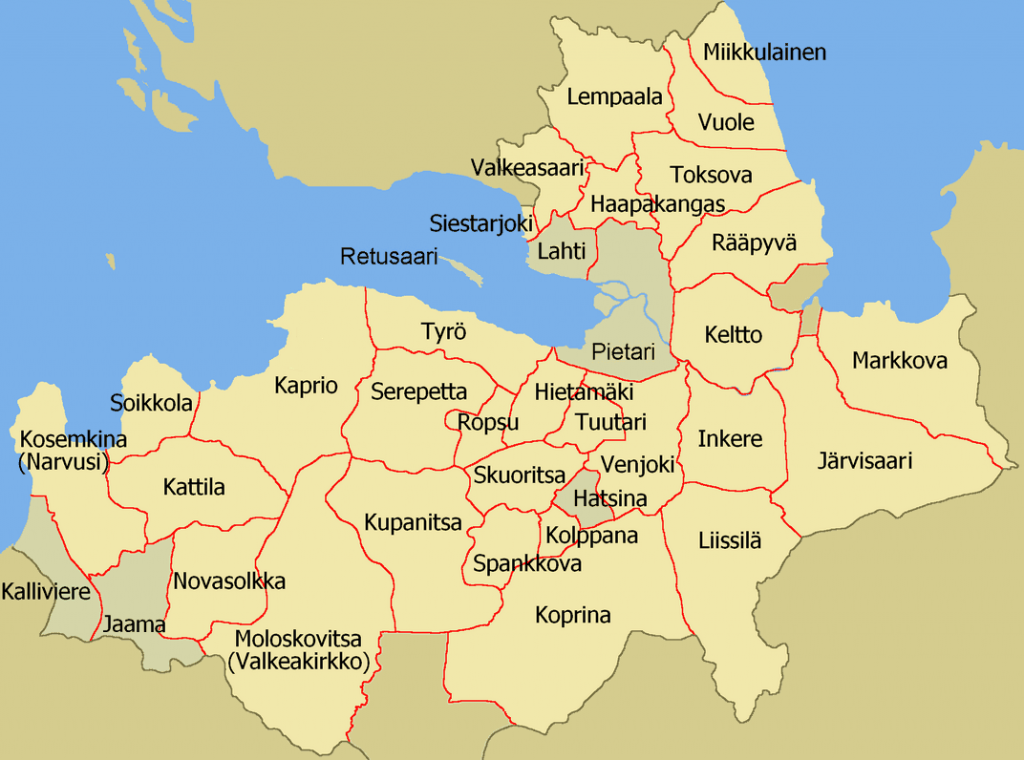
The Ingermanlanders were affected by the rise of national self-consciousness during World War I and the Russian Civil War, and many of them were inspired as well by Finland’s declaration of independence. Helsinki in the event did not march on Petrograd, but the Bolsheviks were deeply suspicious of the Ingermanlanders.
And they began to take actions against them. In May 1919, they forcibly mobilized Ingermanlanders into the Red Army and confiscated their property. That provoked some Ingermanlanders to proclaim a Republic of North Ingria two months later, an entity that initially received some support from Finland.
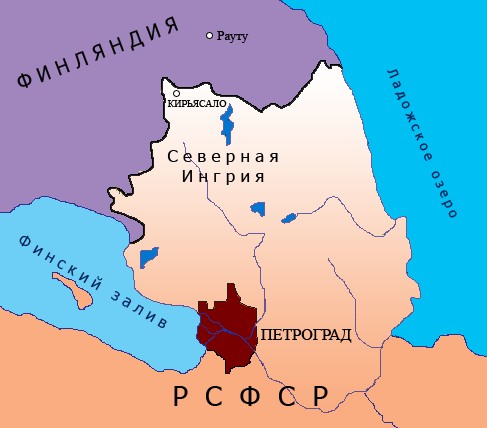
But in October 1920, Helsinki concluded a peace treaty with Moscow and ceded this territory to the RSFSR. Many of those living there fled to Finland, while others joined the White Army of General Yudenich. Following his defeat at the hands of the Reds, more than a thousand of them fled with him into Estonia.
From that time onward, Butakov says, Moscow viewed the Ingermanlanders as unreliable; and as Soviet power strengthened, the regime took ever harsher measures against them, measures that Butakov says rise to the level of genocide.
As part of Stalin’s collectivization campaign in 1929-1931, more than 18,000 Ingermanlanders were deported to Siberia as kulaks. Then in 1935-1936, during the second wave of collectivization, approximately 41,000 Ingermanlanders were deported to the north, Siberia, Kazakhstan and Central Asia. And then in 1937-1938, Moscow decided to complete “the ethnic cleansing” of the Ingermander’s region.
Soviet officials ceased to recognize them as a separate ethnic community and closed Finnish-language schools, newspapers and theaters throughout Leningrad Oblast. What remained of the Ingermanlander intelligentsia was repressed. Some 10,600 were denounced as Finnish spies, and 80 percent of these were shot.
When the Germans invaded the Soviet Union in 1941, Soviet officials decided to deport all remaining Ingermanlanders to Arkhangelsk Oblast, a plan that was not implemented because the German advance was so rapid that most of the remaining Ingermanlanders were soon in German-occupied territory.
More than 63,000 of the Ingermanlanders then fled to Finland, but as a result of the Soviet-Finnish treaty, “more than 43,000 Ingermanlanders were forcibly returned to the USSR, with most settled in various parts of the northwestern segment of the RSFSR. Later, they were dispersed even further into the Russian interior.
Despite all these actions and the failure of the Soviet or Russian governments to acknowledge them and fully rehabilitate the Ingermanlanders, more than 20,000 people within the current borders of the Russian Federation still identify as such, promote their national identity as they can, and maintain ties with Finland.
Indeed, the upsurge of their national movement has gone so far that the Kremlin has done what it typically does in such circumstances – organized its own regime-controlled Ingermanlander group in order to present itself as being on the right side of history and to divide the Ingermanlander nation.
Read More:
- Remembering the nations the Soviets deported in whole or in part
- Putin repeating Stalin’s genocide with ‘new hybrid deportation of Crimean Tatars’
- 74 years on, Russian genocide of Crimean Tatars continues
- Another ‘punished people’ documented – the Kola Norwegians destroyed by Stalin
- Ukraine suffered the most deaths in the Holodomor, while Kazakhstan had the highest percentage loss of population
- Putin’s war in Ukraine keeps Moscow from addressing Cossack genocide of 1920s
- Why the Holodomor is genocide under UN convention: On Anne Applebaum’s Red Famine
- Russia’s act of genocide against Circassians lasted more than 150 years, Chukhua says
- Documents reveal Soviet repressions against those resisting Holodomor genocidal famine
- Deportation, genocide, and Russia’s war against Crimean Tatars
- Russian court labels Raphael Lemkin, who coined the term “genocide”, an extremist
- Russia’s policy of genocide
- Holodomor: Stalin’s genocidal famine of 1932-1933 | Infographic
- Stalin’s Holodomor in Kazakhstan, or a very brief guide to “The Goloshchekin genocide”
- Being a historian an increasingly dangerous profession in Russia, Agora study says

